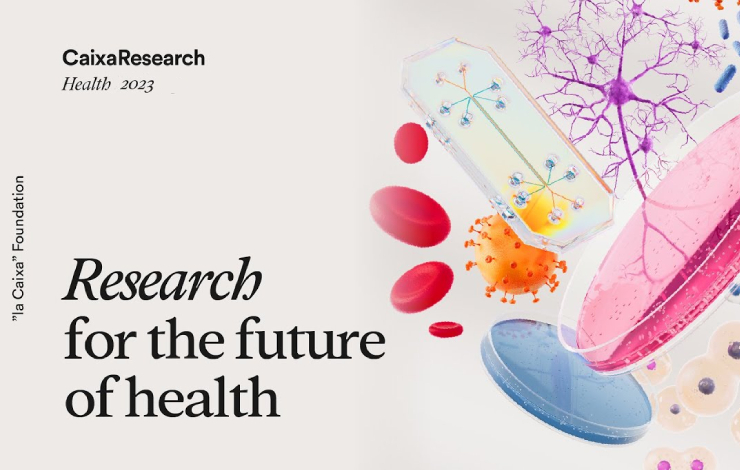06-12-2023

Ana Rita Grosso, a NOVA FCT researcher and leader of the Computational Multi-Omics Lab at UCIBIO, is part of a consortium that has just received an exceptional grant of almost one million euros through the CaixaResearch Health 2023 call. The multidisciplinary team is led by Elisa Espinet (IDIBELL), and also includes Meritxell Rovira (IDIBELL), and Patricia Sancho (IIS Aragón). Together they will study the characteristics of the cells that give rise to the most aggressive pancreatic cancer tumours.
Pancreatic ductal adenocarcinoma (PDA) is the most common type of pancreatic tumor and the cancer with the worst prognosis, with a five-year survival of less than 10%. To date, there are no early detection methods nor effective treatments available. For this reason, unfortunately, the diagnosis is normally made when the disease is already in advanced stages, which makes it impossible to remove the tumor with surgery, which today is the only effective treatment that exists.
The team of researchers has recently observed that ductal cells exhibit more marked heterogeneity than initially believed, with each population of cells presenting specific characteristics. With the aim of analyzing the individual behavior of each cell type, the study will analyze their ability to develop tumors in mice. Such tumor development will be characterized through different approaches, including large-scale sequencing. These results will subsequently be merged with the available clinical information of patients, allowing the identification of new biomarkers and therapeutic targets. “We hope that the results will help to make an earlier diagnosis and design more effective drugs within the framework of personalized therapies,” the researchers conclude.